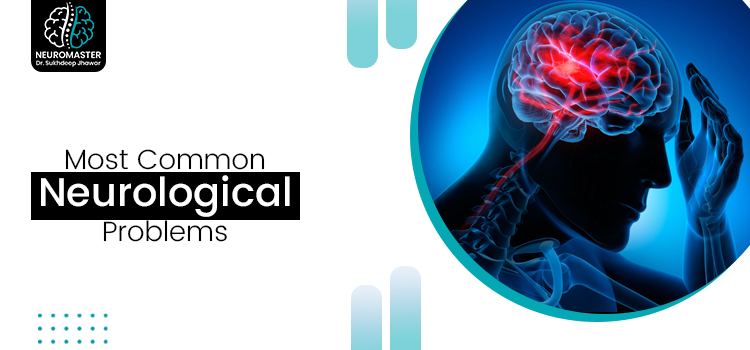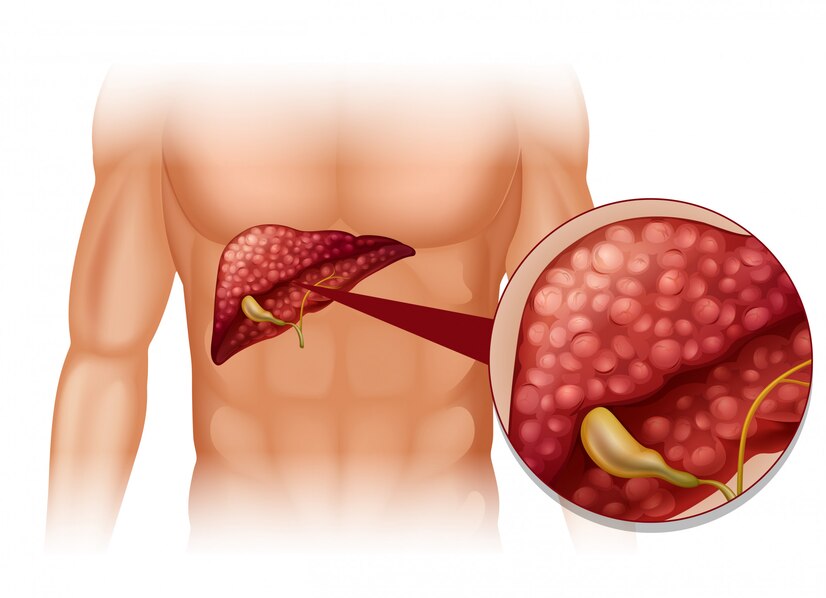A neurological test helps a doctor treat a brain condition. He uses these test results to understand crucial information about our nervous system. It is a harmless way to determine what might be wrong.
A person suffering from some neurological conditions faces many difficulties in life that others don’t. Their quality of life is not like others.
Are you trying to find the Best Neurologist Ludhiana? Please read this blog to have in-depth knowledge of it. You must research their experience and qualifications. You can also read patient reviews. You can look for compassionate specialists. They can communicate and provide personalized care. Consult with your primary doctor and seek recommendations from trusted sources to make an informed decision for your neurological health.
The best neurosurgeon possesses exceptional skills, experience, and a successful track record. Trust referrals from medical professionals and patients to find the Best Neurosurgeon Ludhiana.
To treat these neurological conditions, doctors require a proper diagnosis. It helps them to provide appropriate care and interventions to treat these conditions.
In this blog, We will explore some crucial diagnostic tests used to identify neurological disorders and shed light on their significance in clinical practice.
Diagnostic tests for nervous system disorders
Evaluating and diagnosing neurological damage is a complex process. Doctors use many tests, especially those designed to read the inside of the human brain.
The doctor first understands the entire medical history of the patient. He can then proceeds with tests such as:
Computed Tomography (CT) Scan:
CT scans combine X-ray technology with computer processing to create cross-sectional images of the brain and spine.
The results produced by a CT scan are not as detailed as an MRI test, but it helps to identify acute conditions such as hemorrhages, fractures, or tumors.
Doctors perform CT scans in emergencies due to their faster imaging process.
Electroencephalography(EEG):
EEG records the brain’s electrical activity through electrodes placed on the scalp.
This test helps diagnose conditions like epilepsy and assess altered consciousness states.
Distinct EEG patterns provide insights into seizures and abnormal brain activity. It guides doctors to decide on treatment strategies and monitor the effectiveness of medications.
MRI
It gives a clear structure to the brain. It helps to identify abnormalities and assess the progression of neurological disorders such as multiple sclerosis, brain tumors, and strokes.
Electromyography (EMG) and Nerve Conduction Studies (NCS):
EMG measures muscle activity and assesses the health of nerves controlling muscles.
NCS measures how well nerves transmit electrical signals.
These tests aid in diagnosing conditions like:
- Peripheral neuropathy
- Myasthenia gravis
- Amyotrophic lateral sclerosis
Abnormal results can pinpoint nerve or muscle dysfunction.
Spinal tap (lumbar puncture)
The doctor extracts cerebrospinal fluid from the spinal canal using a lumbar puncture.
He then sends this fluid for analysis.
It aids in diagnosing conditions like multiple sclerosis, infections, and certain types of headaches.
Healthcare providers can identify abnormalities by analyzing the fluid’s composition. It provides crucial diagnostic insights.
Neuropsychological Testing:
Neuropsychological assessments evaluate cognitive, behavioral, and emotional functions to identify impairments caused by neurological disorders.
These tests provide a holistic understanding of a person’s logical strengths and weaknesses. It aids in diagnosis, treatment planning, and monitoring of disease progression.
CONCLUSION
The diagnostic tests mentioned above are essential tools for healthcare professionals, guiding treatment decisions. They can monitor disease progression and provide patients with a clearer understanding of their condition.



